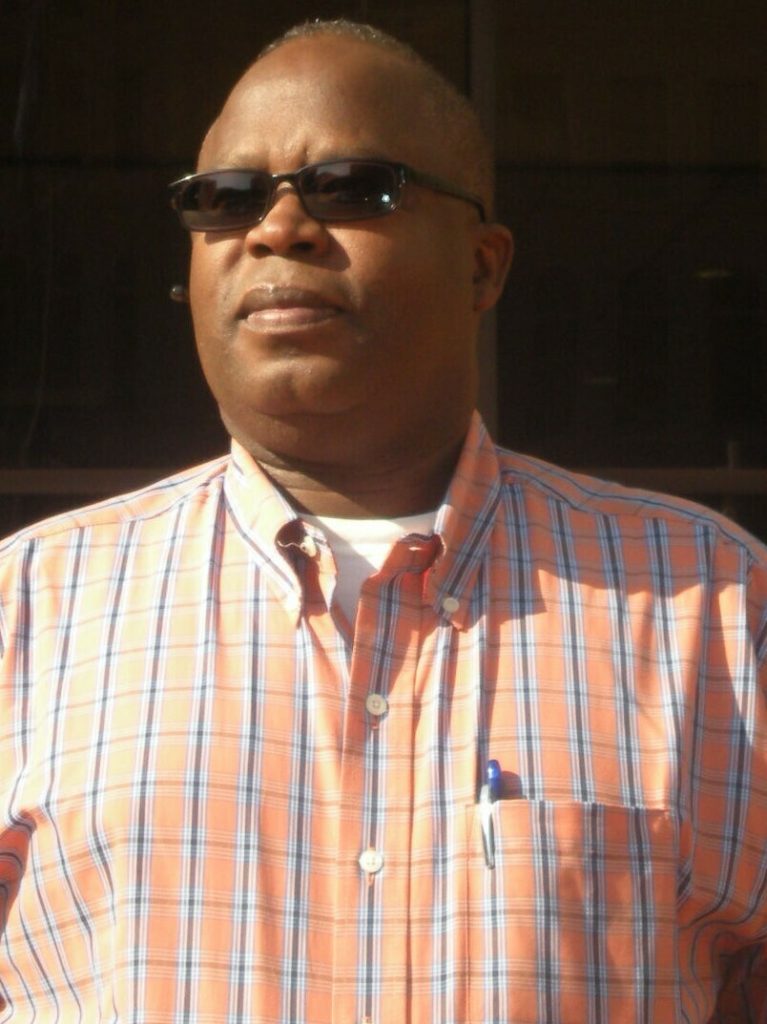Liberia finds itself at a pivotal crossroads, demanding a radical shift in its political landscape. The era of “voodoo politics,” characterized by manipulation, empty promises, and a blatant disregard for truth, must be decisively abandoned. The path forward requires embracing constructive dialogue, fostering transparency, and actively engaging the populace in nation-building. This transformation hinges on the collective responsibility of both politicians and citizens to forge a new political culture grounded in integrity, accountability, and genuine concern for the welfare of all Liberians. The nation’s history bears the scars of decisions driven by hidden agendas, where political maneuvering has triumphed over the needs of the people. This has resulted in widespread poverty, corruption, and deep-seated social fragmentation. The pervasive disillusionment and distrust in the political system are stark reminders of the urgent need for a paradigm shift towards genuine, people-centered leadership. The entrenched practice of “voodoo politics,” relying on exploiting fears and sowing division, has only served to exacerbate existing problems. To break free from this destructive cycle, a fundamental change in the political discourse is paramount.
The concept of “voodoo politics” encapsulates the dangerous undercurrents of a political system that prioritizes manipulation and self-interest over genuine progress. It thrives on exploiting vulnerabilities, playing on existing societal divisions, and offering unrealistic promises to garner support. This approach circumvents substantive discourse on crucial issues and prevents meaningful solutions from being implemented. It fosters cynicism within the electorate and perpetuates a vicious cycle hindering development and exacerbating existing social and economic inequalities. The high poverty rate in Liberia is a stark indicator of the failure of such political tactics and underscores the urgent need for a shift towards genuine leadership focused on tangible improvements and empowering the citizenry. This means fostering a political climate where honesty, transparency, and constructive engagement are not just buzzwords, but the guiding principles of political action.
Constructive engagement offers a viable pathway towards a more just and prosperous Liberia. This approach necessitates a commitment to transparency, empowerment, and education. Politicians must prioritize open communication regarding budgetary decisions, resource allocation, and the impact of policies on the populace. Such transparency is crucial for building trust and fostering collaboration between the government and its citizens. Furthermore, meaningful engagement with the public through town hall meetings, public forums, and community-led initiatives is essential for empowering citizens and giving them a genuine voice in the political process. This participatory approach strengthens democratic principles and ensures that policies reflect the actual needs and aspirations of the people.
Education and capacity building are cornerstones of this transformative process. Investment in quality education, vocational training, and initiatives that enhance critical thinking skills are essential for empowering citizens to navigate the political landscape effectively. A well-informed citizenry is better equipped to hold its leaders accountable and participate meaningfully in shaping the nation’s future. Equally important is the fostering of a culture that embraces constructive criticism. Politicians must view dissent not as a threat, but as an opportunity for growth and improvement. Openness to diverse perspectives and the willingness to engage in robust debate are crucial for generating innovative solutions that truly address the needs of the Liberian people.
Economic development must be a priority. Politicians must champion policies that stimulate job creation, enhance infrastructure, and promote investment in local industries. These measures are vital for alleviating poverty, improving living standards, and instilling a sense of hope and optimism within the population. Creating economic opportunities is not just about improving material conditions; it’s about empowering individuals, strengthening communities, and fostering a sense of shared prosperity.
While politicians bear the primary responsibility for implementing these changes, the Liberian people also have a crucial role to play. Citizens must actively participate in shaping their political destiny. Passive acceptance of politically motivated narratives is no longer an option. The populace must demand accountability, expect transparency, and engage in constructive dialogue with their leaders. Civic education initiatives can further empower citizens by equipping them with the critical thinking skills necessary to evaluate political discourse and participate effectively in the electoral process. Engaging in respectful and informed discussions, focusing on uplifting critiques rather than resorting to denigration, ensures that the voices of the people are heard and contribute positively to the political landscape.
Liberia stands poised at a critical juncture, with the opportunity to forge a new era of governance defined by integrity, transparency, and constructive engagement. The legacy of “voodoo politics” must be actively dismantled and replaced with policies and practices rooted in truth and accountability. Modernizing Liberian politics through informed decision-making and genuine collaboration with the public offers a pathway towards healing the deep divisions of the past. By rejecting deceptive tactics and embracing substantive engagement, Liberia can chart a course towards a future where prosperity and equity are not just aspirations, but realities. This transformation requires a collective commitment to honesty, integrity, and a shared vision for progress. The time for change is now; the call to action is clear. By working together, fortified by a commitment to constructive engagement and shared responsibility, Liberians can build a brighter future for all.














